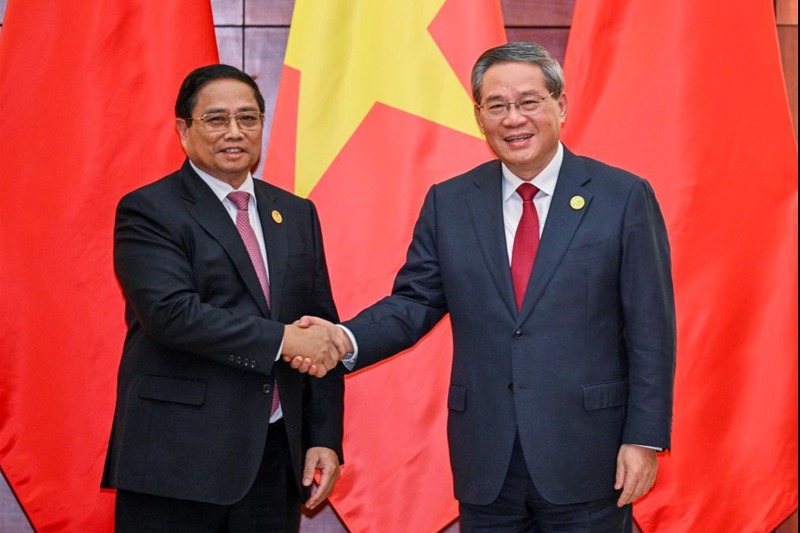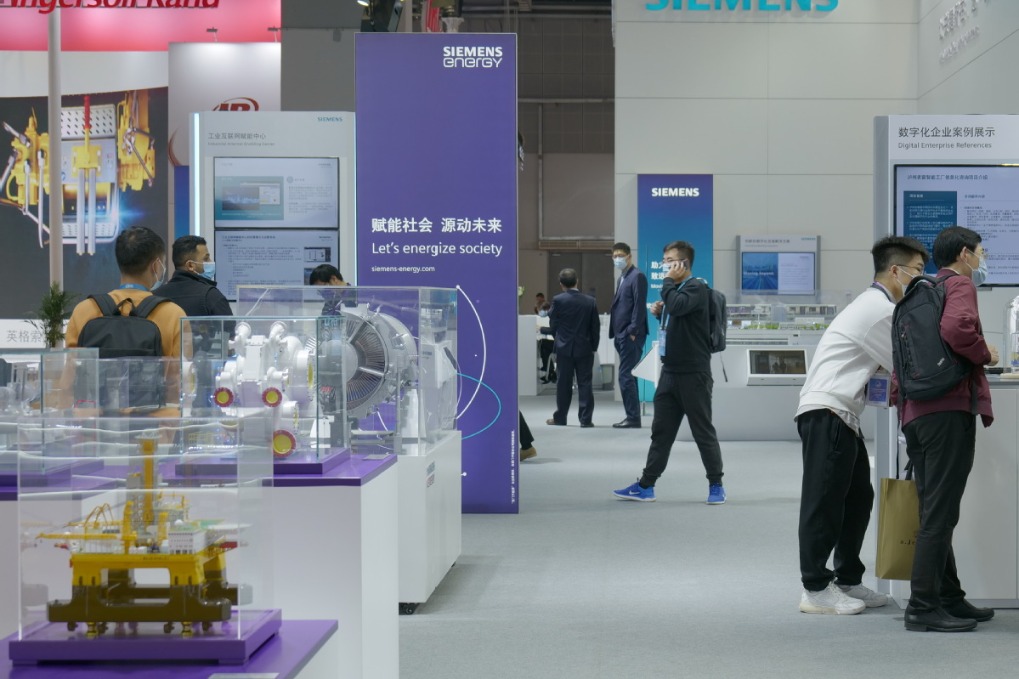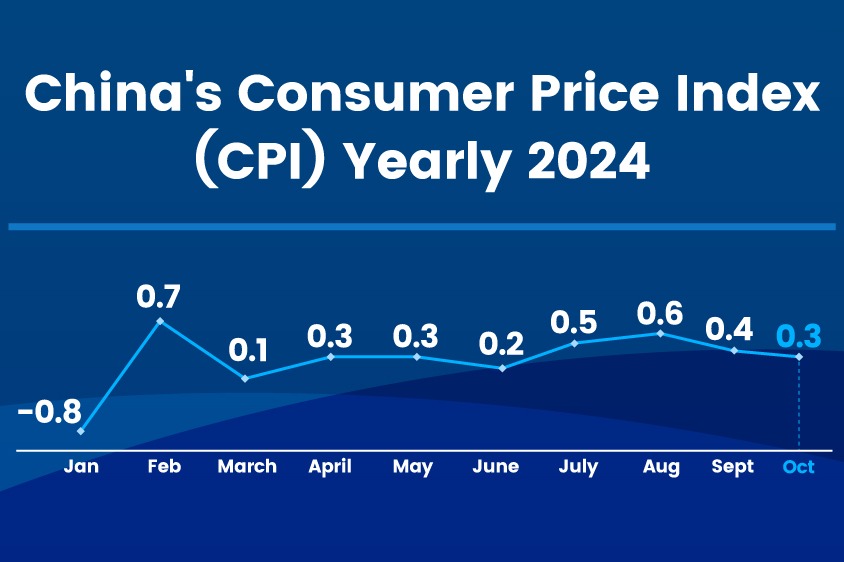Panasonic sees immense upside in country's large consumer market


Japanese tech company Panasonic Holdings Corp is intensifying efforts to expand its presence in China and push ahead with localization, especially in research and development, as it sees immense growth potential from the country's rapidly changing consumer market, said a senior company executive.
"China is not only a manufacturing giant and a major consumer country, but also an innovator with exceptional engineering talent," said Tetsuro Homma, executive vice-president of Panasonic, adding that the company is attracting a lot of young Chinese people to its R&D team, so as to bolster digital transformation.
Homma highlighted that Panasonic attaches great importance to the Chinese market and shows its willingness to continue to invest in the world's second-largest economy.
According to him, the company's businesses in China mainly include healthy and intelligent living spaces, new energy vehicle components and intelligent manufacturing. "We have been continuously expanding our investment in China since the COVID-19 pandemic, establishing 18 new facilities. This is relatively rare for foreign companies," he said.
Panasonic recently held a groundbreaking ceremony for a new project in Suzhou, Jiangsu province. With an investment of 500 million yuan ($69.8 million), the factory will produce electronic materials and support the development of China's semiconductor industry.
Since Panasonic established its China and Northeast Asia company headquartered in Beijing in 2019, its business in China experienced double-digit growth in 2020 and 2021, and has managed to maintain such a growth rate in the following years, Homma said, emphasizing that the company is advancing its localization strategy of "in China for China", and that its design, R&D, manufacturing, sales and customer services have been localized.
He noted that China has a huge consumer market, a strong industrial chain, abundant talent reserves and a strong ability to absorb new technologies. China is accelerating the development of new quality productive forces, which will be conducive to the long-term stable economic growth and bolstering technological innovation and industrial upgrading, he added.
A series of stimulus policies rolled out by Chinese authorities recently, especially the trade-ins of consumer goods, will bolster sales in the domestic market, said Homma, who is also the chairman of the Japanese Chamber of Commerce and Industry in China, anticipating that China's consumer market will continue to pick up steam.
Homma said that the results of a recent survey of Japanese companies in China, conducted by the chamber, show that more than half of the companies remain optimistic about the Chinese market and their investment plans, and many Japanese companies have found their places in the market and will continue to make significant contributions to the country.
For foreign-funded enterprises, the China International Import Expo held in Shanghai from Tuesday to Sunday provides an opportunity to understand changes in the Chinese market and feel China's firm determination to opening-up, he added.
Panasonic's business in China accounts for about 23 percent of its global business scale. It now has 64 corporate entities and around 50,000 employees in the country, with nearly 10,000 of them working in R&D.
In the field of new electric vehicle components, a joint venture between Panasonic and Toyota Motor for vehicle-mounted lithium batteries in Dalian, Liaoning province, has begun mass production and the R&D center has been in operation since June 2023.
China will continue to play a crucial role in driving global economic growth and safeguarding the security and stability of global industrial supply chains, said Zhang Jianping, deputy director of the academic committee at the Chinese Academy of International Trade and Economic Cooperation.
He said that China holds greater appeal for foreign companies, especially those in the manufacturing and producer services sectors, given the nation's unwavering efforts to expand high-standard opening-up by removing all restrictions on foreign investment access in the manufacturing sector and continuously optimizing its business environment.




































